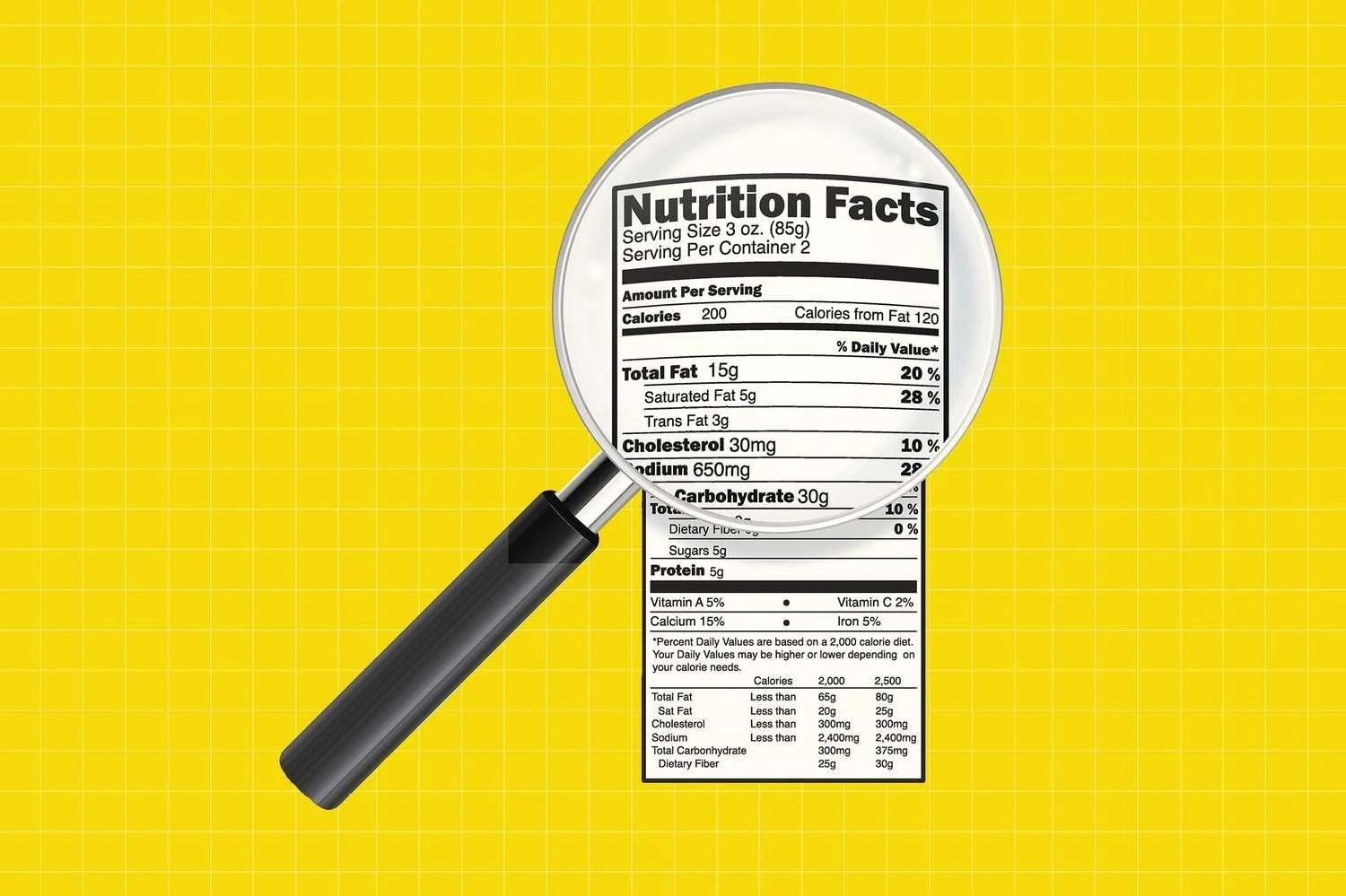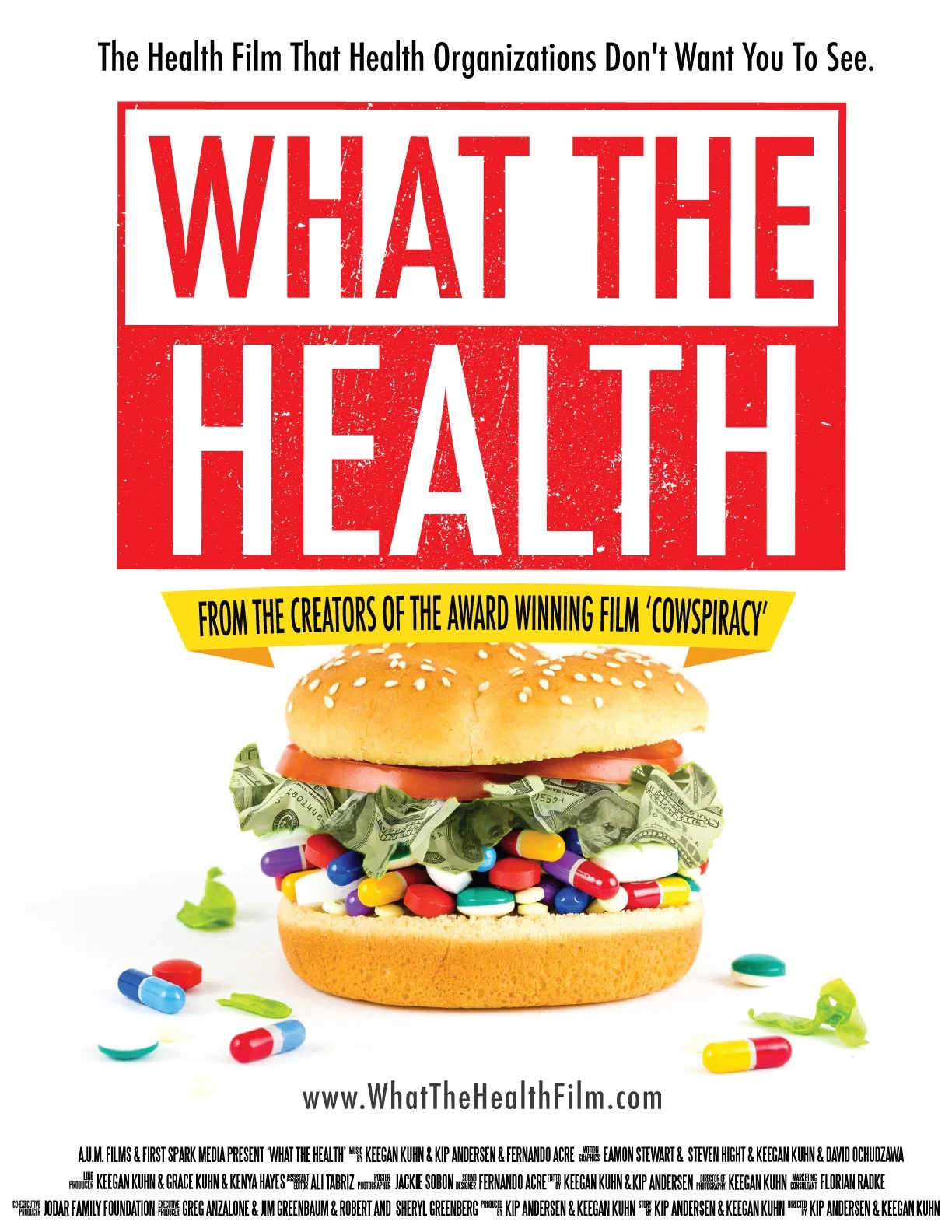How Many Calories Should I Eat to Lose Weight?
Written by Margaret (Maggie) Prosser, BS, CPT
Most people don’t have much formal nutrition education. Nutrition fact labels are based on a 2000 calorie diet, but should everyone eat 2000 calories per day?
image via EatingWell
No body is the same.
Calorie needs are based on height, weight, activity level, existing health conditions, and current body composition. That said, calories needs are highly individualized. Calories needs can change through different phases of life. Changing lifestyle can affect your needs as well.
How many calories do I need daily?
BMR is an abbreviation for Basal Metabolic Rate. BMR is the minimum number of calories your body needs to function at rest. BMR is personal to each individual depending on genetics, lean muscle mass, and hormones. If you eat below your BMR too often you can decrease your metabolism and make it harder to lose weight.
TDEE is an abbreviation for total daily energy expenditure. TDEE is the number of calories your body needs to maintain its current weight, considering your physical activity level and digestion and absorption of food.
BMR and TDEE are both calculated best by registered dietitians (RD or RDN). In our 1-on-1 three-month lifestyle reset RDs can assess your personal calorie needs. You can find other services we offer here.
image via Zoe.com
What is an adequate calorie deficit?
You must be in a calorie deficit to lose weight. The first law of thermodynamics states energy put into the body (as food) will be accounted for in mass. When you expend more energy than you consume through physical activity, you will lose weight. Energy unused by bodily functions is stored within the body, typically as body fat. Decreasing your TDEE by about five hundred calories is a sustainable weight loss goal. You will want to average this number for the week. Tracking your intake through an app, like MyFitnessPal, is an easy way to keep yourself accountable. For a three-month weight loss program, aiming for 5% weight loss is ideal. Losing weight too quickly with over-restriction of calories is unsustainable. Over restriction will likely cause weigh gain after restriction is ceased.
Consistency is important when it comes to calorie deficits, but one day is not going to ruin all your progress. To gain one pound of fat, you would have to eat 3500 calories plus your TDEE in one day. One weekend out is not going to wreck your weight loss goals. Weight gain is caused by repetitive unhealthy choices. Strive to make long term goals for yourself and give yourself some grace.
Final Thoughts
Although Focus on getting enough protein and calories to meet your BMR. Fill your plate with lean proteins, colorful produce, and healthy fats. Refer to MyPlate for portion sizes.
Starting your weight loss journey can be intimidating, but don’t worry! Click here to learn more about how The Millennial Nutritionist can pair you with a nutrition professional to get you on track to your goals in a healthy and sustainable way.
Check out the rest of our blog posts for more ideas on weight loss!
References
Piaggi, P. Metabolic determinants of weight gain in humans. Obesity. 2019;27(5):691-699. https://doi-org.ezproxy.tcu.edu/10.1002/oby.22456
Sutton BG, ed. NASM Essentials of personal fitness training. 7th ed. Jones and Bartlett Learning; 2021.







